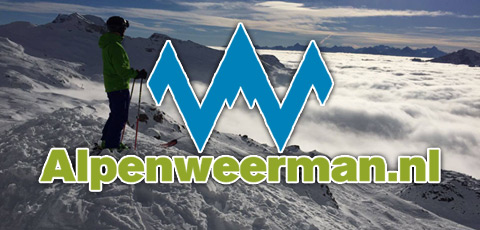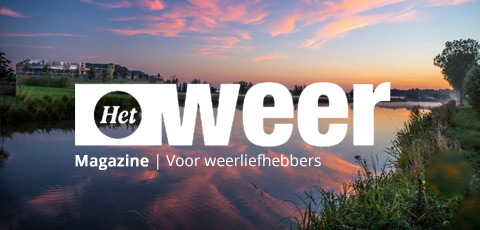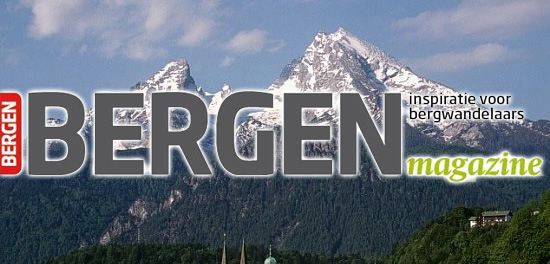Time is running out for tourists in search of real snow and an authentic Father Christmas at Rovaniemi on the Arctic Circle

Plop. Splash! Drip.
Every year, like some extraordinary migratory species, many tens of thousands of British tourists trek to this remote northern outpost in search of the authentic Father Christmas. Kitted out with thermal underwear and Arctic explorer jumpsuits, they are treated not only to the unofficial anthem of Finnish Lapland – Wham’s Last Christmas – but also, even more ominously, to the sound of melting snow.
[img width=320 height=320]http://www.timesonline.co.uk/multimedia/archive/00257/lapland_1_257769a.jpg[/img]
The Arctic Circle this week was warmer and soggier than the British Midlands. Everywhere there was the wrenching noise of snow slipping off roofs, the creak of timber. Global warming is catching up with the Santa business and there is trouble brewing in the grotto.

“I really was expecting more snow,†Terry Peates, a 53-year-old window cleaner from the Forest of Dean, said. Mr Peates remembers a cold British winter in the 1960s when a whole double-decker bus disappeared under a drift. All the Arctic has been able to offer him this Christmas is a few streaks of grey, ageing snow. “Still, it’s the first time that Ben has seen the stuff, so it has got some magic.†He pointed to his eight-year-old grandson. Behind them both was a sign next to the local lake: “Warning: thin ice.â€
Lees hier het hele artikel

Big business
— Santa Claus post office in Rovaniemi has processed more than 11 million letters. They are answered by computer, and the envelopes resold for Unicef
— Santa Park, a theme park situated in a former nuclear fall-out shelter near Rovaniemi, has one “official†Father Christmas who spends on average 45 seconds with each visiting child
— Santa Village also claims to have the official Father Christmas. He spends 55 seconds with each child
— Three elves – tourism students – recently sued Santa Park for wrongful dismissal
— One of the best-selling gifts in Santa Village is Father Christmas in bathing trunks, sitting astride a Harley-Davidson
— Finnish Lapland boasts the biggest snow castle in the world, and the northernmost zoo
— Norway, envious of Finland’s tourism, is to open a snowman theme park in its bit of Lapland
[img width=213 height=320]http://www.timesonline.co.uk/multimedia/archive/00257/lapland_2_257770a.jpg[/img]
Tourists take a Husky sled trip whilst on a holiday to Lapland, Finland. The 2 hour trips which cost 114 euros are dependent on enough snow being on the ground which is increasingly a problem as temperatures in the arctic circle seem to be rising
[img width=320 height=320]http://www.timesonline.co.uk/multimedia/archive/00257/lapland_8_257774a.jpg[/img]
Most of the elves at Santa's Village - like Maria, pictured here opening letters to Santa from all over the world -are eco-tourism students, and as such are concerned at the impact climate change is having on their regio
Arctic upheaval
— Climate change in the Arctic is advancing at a rate almost double that of the rest of the world. Average temperatures in much of the region have risen by 0.5C every decade for the past 30 years
— With the thawing of permafrost there are concerns of a “positive feedback mechanismâ€: methane that has long been trapped in Siberia’s soil is bubbling out and contributing further to warming
— The change is already having a noticeable effect on indigenous peoples. Melting of sea ice affects seal hunters, who look for their prey on the ice. Conversely, reindeer herders have found they have more grazing space
— In some locations in Siberia and Canada, buildings constructed on permafrost now have unstable foundations as the ground has softened. The same effect has led to erosion and landslides
[img width=213 height=320]http://www.timesonline.co.uk/multimedia/archive/00257/lapland_18_257781a.jpg[/img]
Reindeers are now rarely used as transport, except for tourist trips
[img width=320 height=320]http://www.timesonline.co.uk/multimedia/archive/00257/lapland_11_257776a.jpg[/img]
Some experts have predicted that by 2013, there will be no ice left in the Arctic Ocean
Bron: Times

 Kerstman in gevaar door klimaatverandering?
Kerstman in gevaar door klimaatverandering?




